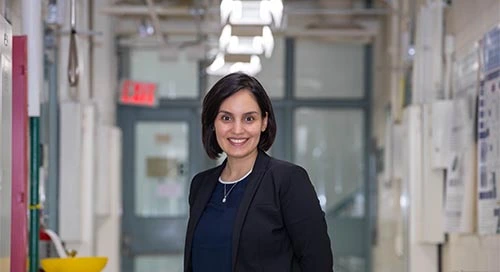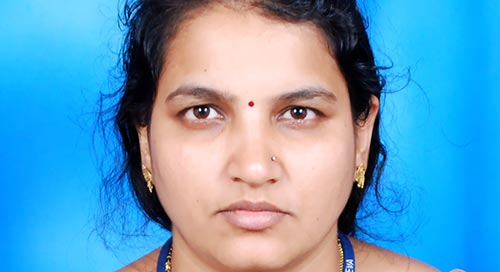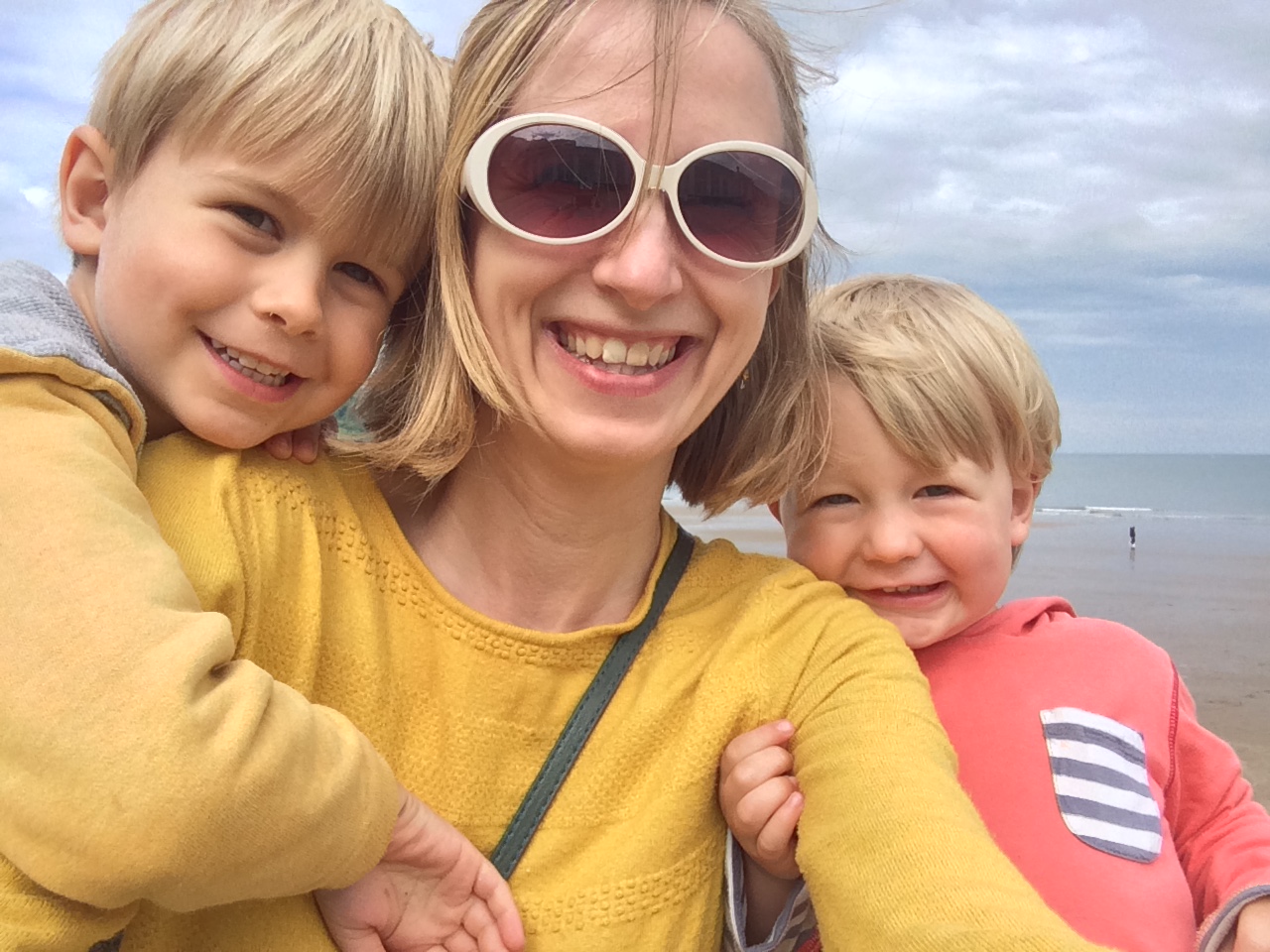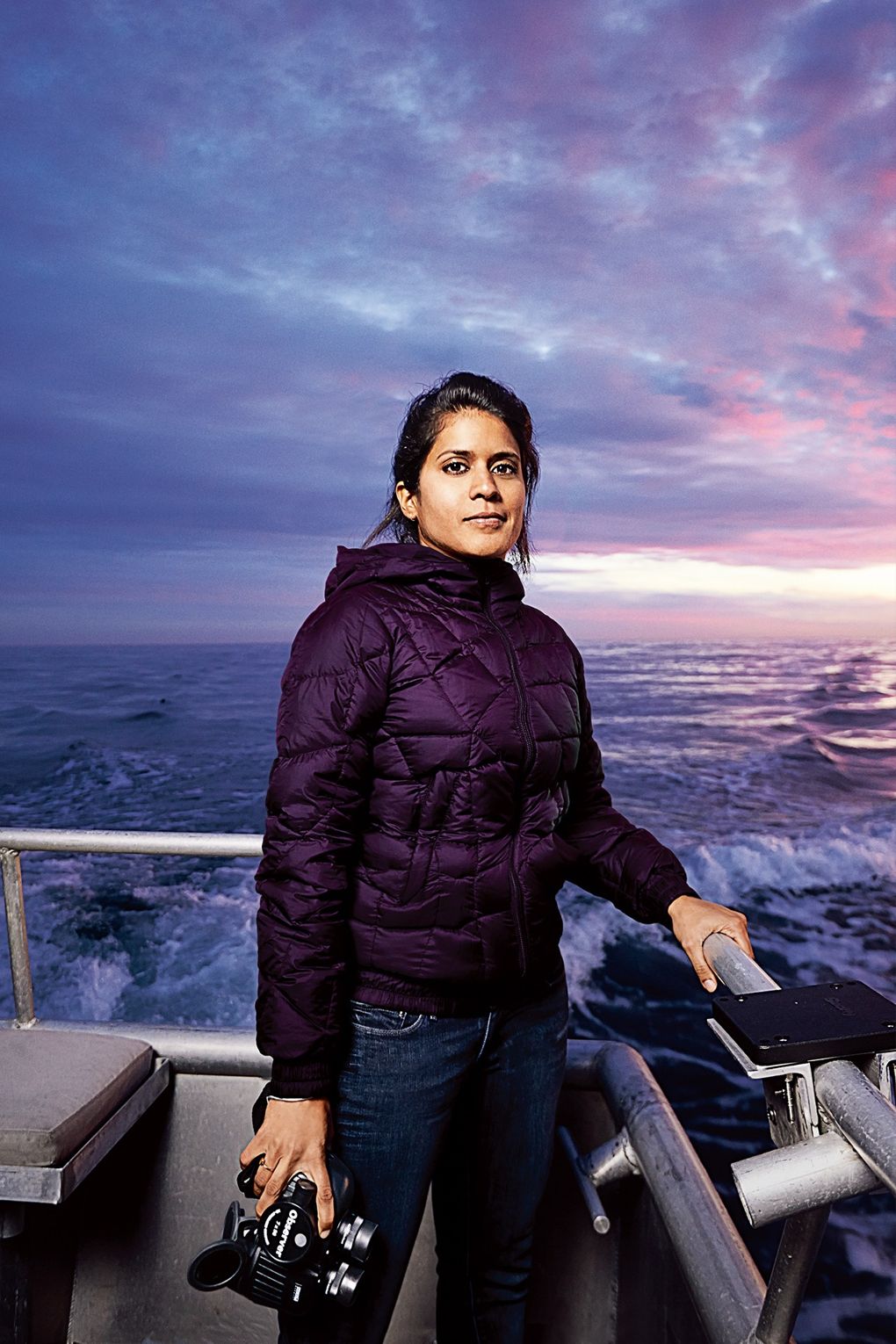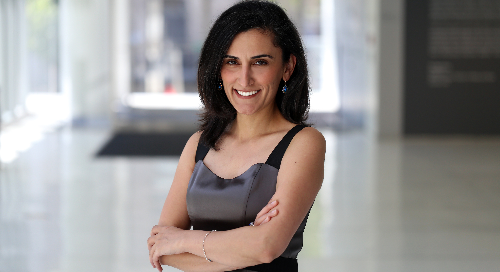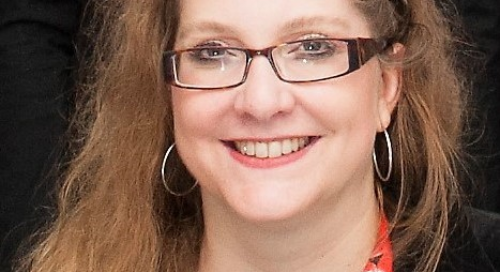his-life-is-open-access-and-open-data-meet-mark-thorley-of-rcuk
June 02, 2014
Source: Mark Thorley
Q: First of all Mark, thanks for taking the time to talk to us. Can you tell us what your role at RCUK involves?
A: I’m part of the Natural Environment Research Council (NERC), one of the 7 Research Councils that make up Research Councils UK (RCUK). My remit includes scholarly communications – of which the two main branches are Open Access (OA) policy and research data. As Chair of the RCUK Research Outputs Network, I help coordinate the collective work RCUK does in this area. My day job, if you like, is to oversee NERC’s network of environmental data centers and NERC’s Data Policy. I’m also responsible for the NERC Library Service (which supports NERC’s own research staff in our research centers). I also work closely with my innovation and knowledge exchange colleagues in getting NERC’s data and information out there and available for use I have recently added research outputs collection to my portfolio of activities.
Q: Your twitter handle says ‘My life is Open Access and Open Data’ – what do you mean by that?
A: I’m keen to remove as many barriers as possible to the outputs of the research we fund – both publications and data – to support research as well as other exploitation uses, both commercial and non-commercial.
Thinking back to five years ago, there’s been a sea change in the whole landscape: Open Data, the Royal Society report (Science as an Open Enterprise), the data activities the Russell Group are looking at, the establishment of the Research Sector Transparency Board: we simply weren’t having the conversations we’re having now. I believe one of the reasons for this is that data is such a cross-cutting issue – it’s almost been too difficult to conceptualize and take action on, and it’s organizationally challenging. Other drivers to action have been the Engineering & Physical Sciences Research Council (EPSRC) Policy Framework on Research Data that was implemented in 2011 and the Higher Education Institutions’ (HEIs) discussions around how research institutions take responsibility for research data in the UK.
Q: The RCUK’s mandate on Open Access has now been in effect for nearly a year – what have been the biggest challenges so far?
A: When we first put our mandate in place, some considered that the consequences could be apocalyptic – for both researchers and publishers. But, I’m happy to observe, we didn’t seem to have broken the system. I remind everyone – including myself – that this is a journey, not a single event. I’m pleased to see institutions starting to implement our policy, and we are starting to see change – for example, the work that JISC Publications and some publishers are doing on the total cost of ownership.
There are still some ongoing issues; green embargo periods are still fluctuating, for instance, and the whole landscape can be confusing for the researchers themselves. We also need to provide some more clarification around multi-funder and multi-author situations. And we’ve felt some frustration that some HEIs have been acting in an ‘anti-Gold’ OA manner in the way they advise their researchers. Clearly, there is still some more work to be done to develop a common understanding of what OA means. It’s not just ‘free to read’ for instance. We’re advocating the Gold OA route as it provides immediate, unrestricted access to the version of record.
I can understand that both publishers and libraries are looking to ‘protect’ their places within the scholarly communications landscape, but the rise of the internet means that anyone can post (in effect ‘publish’) anything. It’s the ultimate disruptive technology for this industry that potentially enables the democratization of knowledge so it’s the responsibility of all the actors involved to ensure that quality, peer-reviewed research is at least as accessible as the unsubstantiated material that will also be discoverable. To me, trusted intermediaries, such as learned societies, are key to this process, taking the open, peer-reviewed and published outputs and interpreting them for a wider society. Traditional ‘closed access’ does just not align with the modern world. Research funders and institutions both have a responsibility to delivery access to knowledge – it is part of their remit.
This is not a singular challenge. Instead, as expected, we’re in a long-term transition – like a super-tanker changing direction. It’s a learning process for all of us.
Q: How optimistic are you about the future for Gold OA both in the UK and globally?
A: I’ve been very encouraged by the statistics showing that Gold OA is growing – both in the UK and globally. Publishers have responded by increasing the range and number of journals with ‘Gold’ options, and it’s still early days really. I’m also pleased to see the progress being made in the humanities, with the Open Library of Humanities getting support from the Andrew W. Mellon Foundation. Far from diverging from the STM ‘open’ trajectory, it seems the humanities are also considering how they can transition in this direction.
I’m also pleased to see the rise of the small university presses within this landscape. For example, UCL is relaunching its press, which is taking publishing back to its roots as a service for researchers that’s able to be very responsive and tailored in what it delivers.
But, challenges do remain. Sustainability and scalability are key. There are real costs to providing access to quality, peer-reviewed papers, and these need to be covered, regardless of the business model, without bankrupting the system.
We need to be engaging in viability discussions at all levels. In a world where subscription increases outstrip inflation, the Green option isn’t sustainable in the long term. I know some publishers argue that subscription prices have to increase at this rate because of the growth in the number of research papers being written. This implies to me that the subscription model could be reaching its limits of scalability. In addition, in a world where too many research papers are published for any one researcher to keep on top of the ones in their domain, we need to use text and data mining tools to extract ‘knowledge’ from these papers for us. That is best supported in an Open environment.
Gold OA offers the most transparent and scalable pricing model, as well as with the right license, and the unrestricted use of text and data mining tools. As the Finch Group pointed out, the Article Processing Charge is, crucially, scalable and transparent, , which is critical in building trust among customers, allowing for flexibility among researchers, and enabling them to adapt the cost of their publishing activities to their research practices.
Various publishers have attempted to address the double-dipping issue, and of course we’re pleased to see this, but ultimately the hybrid-gold model perpetuates the institutions’ sense of frustration with a system that fails to acknowledge the contribution its own researchers have made to what is being purchased (and potentially withheld). In the UK, for instance, we are seeing Research Libraries UK (RLUK) and JISC Collections, supported by the Department for Business, Innovation and Skills (BIS), working with publishers to develop offsetting models that would take this contribution into account (for example, the Royal Society of Chemistry’s Gold for Gold initiative and the UK trial announced by the Institute of Physics). The Government, through BIS, wants to ensure a sustainable future for the scientific publishing industry – certainly in the UK, but with international cooperation – but it will be incumbent on the publishers themselves to opt in to this transition.
In the future, I believe publishers need to see themselves not just as gatekeepers to knowledge, but as enablers who add value by building services around the content. There is a world of difference between controlling access to content (the ‘closed’ model) and enabling access to content (the ‘open’ model). Services might include translations, machine reading, text and data-mining, automated exploration tools, premium submission systems, freemium business models. The key challenge is to build long-term, sustainable publishing business models in an open domain. And this not only applies to commercial publishers, but also learned societies and other public interest / not for profit organizations. In any case, as I’ve already mentioned, I’m very keen that we should be working together to achieve these goals.
Q: What about Open Data – how important is that for RCUK, for Europe and for G8?
A: Just about all I’ve already said applies equally to data. Geoffrey Boulton (lead author of the Royal Society’s Report ‘Science as an Open Enterprise’) makes a number of key points about the need for transparent science that can be proved or refuted, for instance. If anything, Open Data could well be a bigger challenge for research institutions than Open Access.
Q: How do you think scholarly communication, funding and the reward systems will look in five years’ time?
A: I hope we’ll have a more 21st Century set of tools, and a well-developed Open Access system by then. I would expect journals to still exist, but perhaps more as a brand. Where the journal brand could represent a certain caliber of content and quality, but could pull material from a number of sources (a sort of secondary publishing market). I would be disappointed if we were still mimicking a print business model in an e world, as the signs are there that we’re finally moving away from that.
I think the metrics will also have undergone considerable change. Altmetrics now seem to be moving into this space, but other measures of quality may also emerge. I think that peer review practices among particular communities may well diverge from the traditional model. And, identifiers such as ORCID and GRANTID will become increasingly important as well.
Thanks again Mark.

